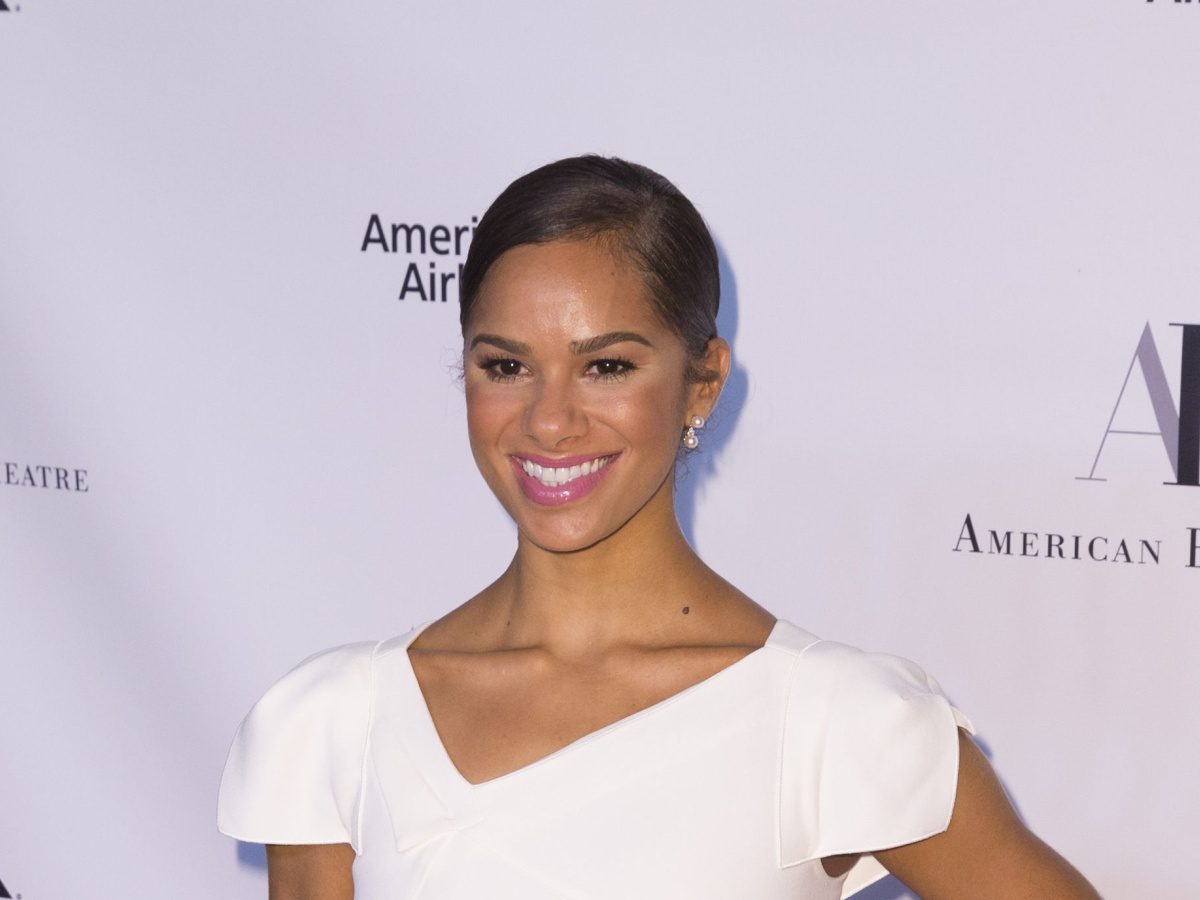
Misty Copeland has gotten used to having the spotlight on her at center stage. In 2015, she sprang into the highest echelons of dance when she became the first African American woman to be a principal dancer with American Ballet Theatre, one of the most prestigious and well-renowned dance companies in the world.
Copeland told CNN’s Chris Wallace in a new episode of Max’s “Who’s Talking to Chris Wallace?” “I spent the first decade of my professional career with American Ballet Theatre, the only Black woman in the company, a company of almost 100 dancers.” Being the first is a challenging but familiar position for Copeland, who’s often spent her dance career as one of the only Black dancers in the room or on stage.
“I’ve experienced, you know, difficulties being a Black woman when you stand out, especially in the corps de ballet when it’s supposed to look uniform, and everyone kind of in the same tones wearing pink tights, which represent the color of your skin. And that wasn’t always the case.” There were also instances of discrimination that could have easily turned Copeland away from dance altogether. Copeland told Wallace, “There were times that I was not cast in certain roles because I would stand out too much and kind of ruin the aesthetic, especially if it were a performance that was being filmed.”
Still, in the fall of 2014, almost a year before she would become a principal dancer, Copeland would make history as the first Black ballerina to perform the lead role of “Odette/Odile” in American Ballet Theatre’s “Swan Lake.” It’s a prized role coveted by dancers in one of the world’s most popular classical ballets. But, Copeland said, as a Black ballerina, her casting also stirred mixed emotions.
She said, “I think about this kind of generational trauma for Black dancers that comes with that role. We’ve been told, for so many decades and generations, that the swans should be white, that that’s not a role that can be played by a Black or brown woman.” Copeland said she worried that “if my artistic excellence isn’t up to someone’s standards, that maybe there won’t be another Black woman at American Ballet Theatre who is given this opportunity. And that was something that weighed on me leading up to that first performance.”
However, the performance was a triumph. A New York Times review of Copeland’s turn as Odette praised the “moments of courage and grandeur” that she brought to Swan Lake. “It’s about bringing yourself to these things, to these roles and making them your own. And I feel that that’s what I’ve done with a lot of the roles I’ve taken on, but especially Swan Lake,” Copeland told Wallace. Like another barrier-breaking icon who was a first in their field, Copeland has often been called the “Jackie Robinson of ballet.” She said the comparison makes her feel “a lot of pressure,” but she also believes her position in ballet is larger than just her or any one person.
She told Wallace, “To me, it’s not just about being the first — there have been so many Black women who have done incredible things for the ballet community, the ballet world but haven’t been acknowledged.”
